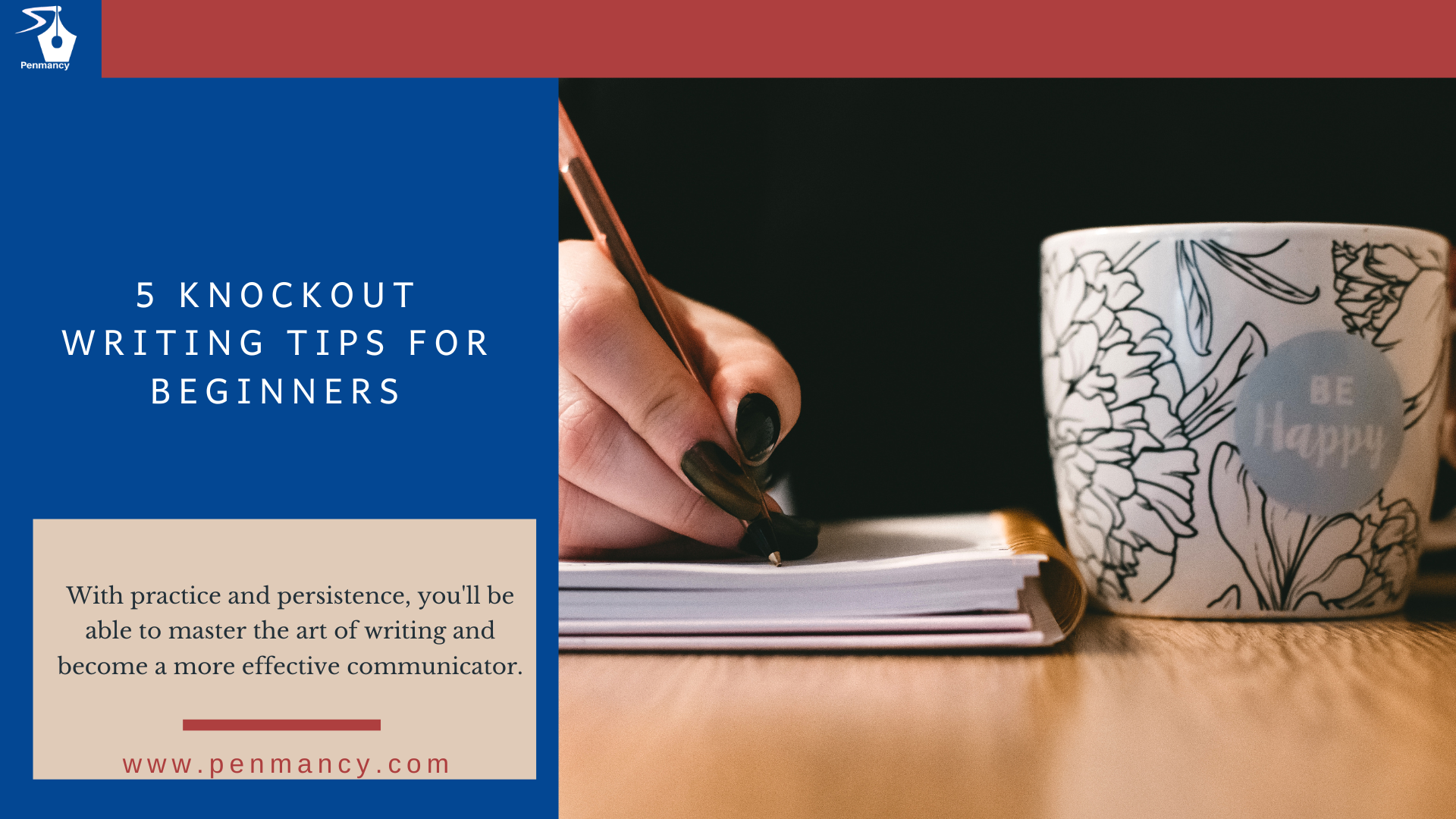
Writing is an essential skill that is used in many aspects of life, from academic assignments to professional communications. Whether you are a student, a professional, or a hobbyist, being able to write effectively can help you to achieve your goals and communicate your ideas clearly. However, writing can be challenging, and many people struggle to produce clear and coherent writing. In this article, we will provide you with a set of tips that will help you to improve your writing skills and produce better written work. These tips will cover basic ideas and tools that you need to become a more effective and confident writer.
Plan and Organise Your Thoughts
Before you begin writing, it’s important to take the time to plan and organise your thoughts. This will help you stay focused and ensure that your writing is clear and coherent. Start by brainstorming ideas and creating an outline of your main points. This will give you a roadmap to follow as you write, making it easier to stay on track and avoid getting sidetracked by irrelevant information.
Use Simple and Direct Language
When writing, it’s important to use simple and direct language that is easy for your audience to understand. Avoid using overly complex vocabulary or jargon that may be difficult for them to follow. Instead, use simple words and sentences that get your point across clearly and effectively. This will make your writing more engaging and help your readers to better understand your message.
Avoid Using Passive Voice
Active voice makes your writing more engaging and easy to follow. In active voice, the subject of the sentence is performing the action, while in passive voice, the subject is being acted upon. For example, “The dog chased the cat” is in active voice while “The cat was chased by the dog” is in passive voice. Using active voice will make your writing more dynamic and engaging, and will also help you to avoid using weak or unclear sentences.
Proofread and Edit Your Work
Proofreading and editing your work is an essential step in the writing process. It will help you catch any errors or inconsistencies and improve the overall quality of your writing. Start by reading through your work carefully, looking for spelling, grammar, and punctuation errors. Then, read through it again, focusing on the structure and flow of your writing. Make any necessary revisions and edits, and repeat the process until you are satisfied with your work.
Read Your Work Out Loud
One of the best ways to identify any awkward or unclear sentences in your writing is to read it out loud. This will help you to hear any errors or inconsistencies and make any necessary revisions. As you read, pay attention to the rhythm and flow of your writing, and make sure that each sentence sounds natural and smooth. If a sentence sounds awkward or difficult to say, it’s likely that it will be difficult for your readers to understand as well.
In conclusion, these are some of the tips for better writing. By following these tips, you’ll be well on your way to creating clear, effective, and engaging writing that will resonate with your audience. Remember to always take the time to plan and organise your thoughts, use simple and direct language, avoid using passive voice, proofread and edit your work, and read your work out loud. With practice and persistence, you’ll be able to master the art of writing and become a more effective communicator.
